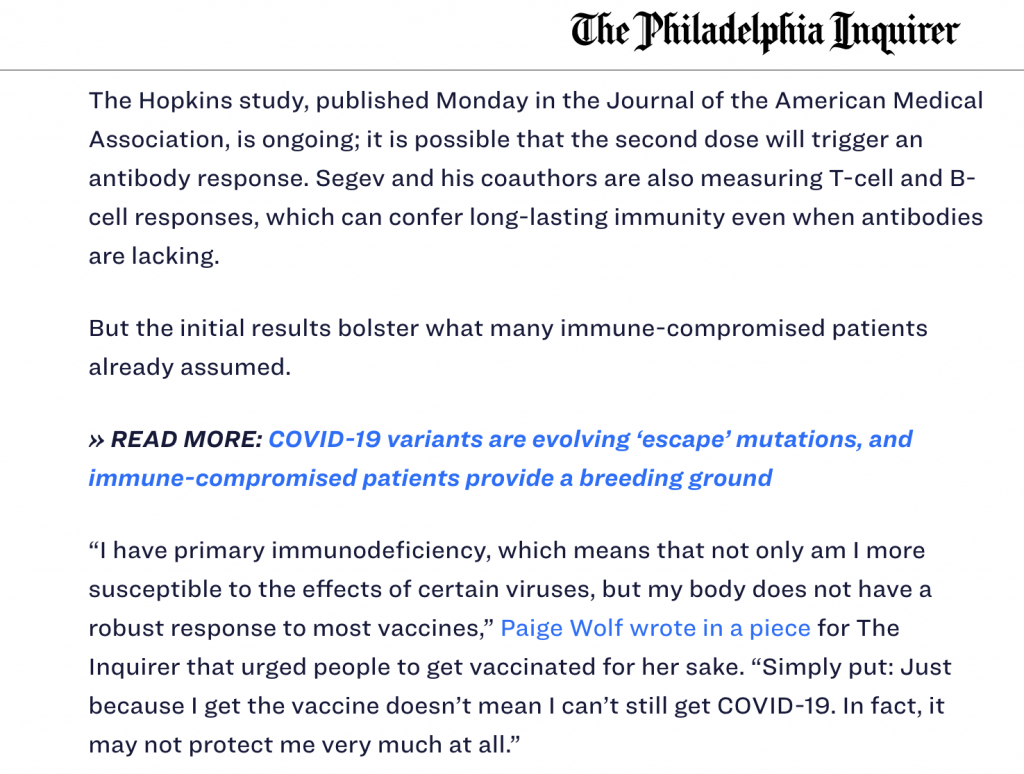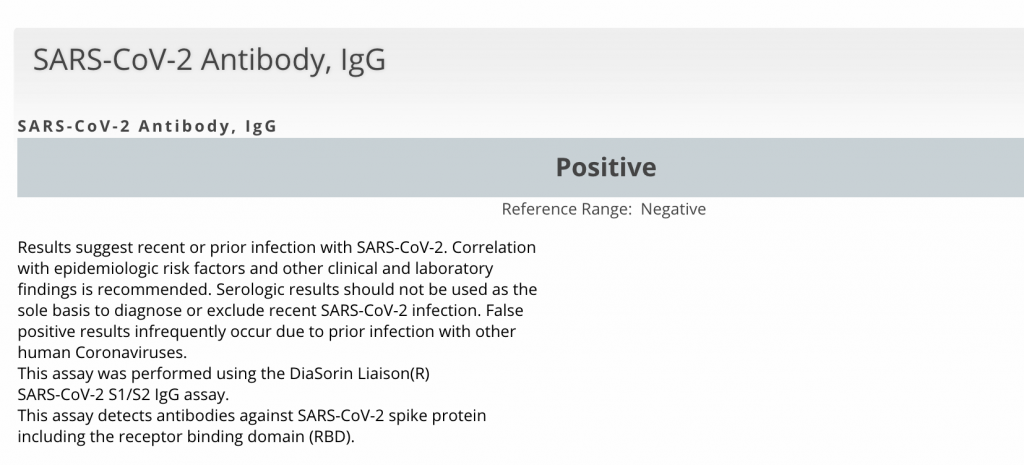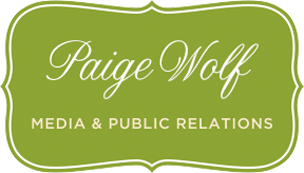Do you want to know the answer…when there’s not much you can do about it?
It must be what goes through the mind of every person who’s considered taking the BRCA gene test to find out if they are predisposed to breast cancer. Or considering testing to find out if they are likely to be afflicted by Alzheimer’s disease. Or deliberating genetic testing on a child growing inside them. How much do you want to know? And what would that information change?
This is something I’ve been grappling with ever since I learned there was a COVID vaccine that was almost 100% effective for healthy people. Am I healthy?
As someone with a primary immunodeficiency, that is debatable. I have an immune disorder that caused me to go into septic shock from a random virus. But I’m also a person who can have a productive day after a five-mile-run. Sometimes I can avoid catching my kids’ colds. Sometimes I catch a cold that lingers as an infection that takes months and a horseload of antibiotics to kill. Sometimes (rarely, but sometimes) I can dance until 2 a.m. Sometimes I can’t open my eyes for 48 hours.
What does healthy even mean?
I’ve never really known if my body would respond to the COVID-19 vaccine. In the past, my vaccine response has been spotty. Some vaccines work well for me, some don’t show much of an effect. Protein vaccines like Moderna and Pfizer are a better bet, but the MRNA technology is new and my body is unique. Some immunocompromised people have shown a strong antibody response, while some haven’t shown any at all. And even with that knowledge, we also know that antibodies aren’t the only way to know if a vaccine will be effective – it’s just the only thing we can test right now.
I was thrilled when the vaccine became available to immunocompromised people in Pennsylvania. After the second dose I hoped for a strong response that would prove to me that my body was responding. I prayed for a fever. I didn’t get one. Doctors say it shouldn’t matter. I embraced my sore arm and hoped for the best.
I knew that an antibody test for the vaccine was available. My immunologist gave me the prescription for the blood work. But I sat on it for weeks. I was terrified that there wouldn’t be antibodies. And if there weren’t, there is literally nothing I can do about it.
Since my vaccination, I have operated in the world as a community-conscious vaccinated person following CDC protocols. What does that mean? Well, for one, I haven’t been afraid to get close to my vaccinated parents. I dined outdoors for the first time. And I, finally, was able to take the opportunity to send my daughter back to school (not my 5th grader but that is a whole other story of city-district-rage).
I have mostly felt OK, though there is a constant low key voice in my head questioning that reality. “Are you really vaccinated? Did it work for you? Are you safe? Should you even be here right now?”
The timeline for a relevant antibody test result approached and I asked everyone what I should do. My doctors, my parents, my husband, my friends. It was a cacophony of “Yes, you absolutely should,” “No, you absolutely shouldn’t,” and “Maybe.” No matter how well people knew me or knew the science, it was entirely unhelpful. So I decided not to get tested.
I figured my COVID anxiety is currently at around a 3.5 with the understanding that I am probably vaccinated. A positive antibody test would take it down to a glorious, celebratory ONE! But a negative test would send me into an absolute mental health spiral. I’d be operating at a 10 and nobody would be able to shake me out of it. The reward didn’t feel worth the risk. Because what could I change? I’d still have to send my kids to school and camp for their own mental and emotional health. I’d still want to see my vaccinated loved ones. I’d still have to reemerge into society at some point.
And the reality was, the test is inconclusive.
A negative result shouldn’t necessarily cause alarm. Some tests are better than others at picking up low levels of antibodies. Not everyone will make enough antibodies to trip a typical test, but they could still be well protected against the virus, thanks to the many other immune molecules and cells our bodies produce.
– The Atlantic
Both neutralizing antibodies and T memory cells play a significant role in immune response and protection post-vaccination. Measuring immunity is a complex process especially when it comes to a new infection such as SARS-COV-2. Scientists are still working to learn what constitutes an effective natural immune response therefore at present it is difficult for scientists to state definitively what a good vaccine-induced immune response would look like and it is not yet known what level, or titer, is needed for protection. Another significant challenge is the fact that there is no standardized or pre-aligned measurement process across the globe. Each laboratory uses several types of immunoassay to measure the single aspect of the immune response. As a result of this diversity in testing methodologies being carried out in various laboratories around the world, there is currently no definitive set values for a protective immune response. In time, standardization of assays will occur, allowing the scientific community to build a greater understanding of the immune response to the SARS-CoV-2 virus and further development of vaccines and therapeutics for COVID-19.
This is from a random clinic but cited and accurate: https://walkin-clinic.co.uk/blog/general-health/testing-for-antibodies-after-a-covid-19-vaccine
So it’s settled. I’m not getting the test.
And then I woke up the next day with a Google Alert for my name.
New research results are logical but concerning: a weak immune system will mount a weak immune response to COVID-19 vaccination.

The headline was alarming – though not entirely accurate (headlines rarely are). Some immunocompromised patients were not showing a robust vaccine response. Given, these results were based on only one shot, not the full dose, and were based on people taking immunosuppressive drugs for organ transplants. I do not fall into this category.
But my own words were still staring back at me. If I am going to be an advocate, I need to know the truth. I know this test won’t tell me everything, and I know that what it says might break me into pieces. But I have always followed the mantra of regretting what I have not done more than what I have done. I needed to do this.
As I await the results, I write down what I know to be true, in the case that I have to cling to these things for solace.
- I still have strong T Cells that will have an immune response
- I am as protected as I can be
- More studies are showing that vaccinated people rarely spread COVID
- I am healthy, strong, and take good care of my body
- I have access to the best medical care and a strong support system
- My mental health and my kids’ mental health outweigh the risk of extreme COVID disease at this time
********************************************************************************************************
I wrote that all of the above Thursday. Today is Friday. The results are in. POSITIVE BABY! I got those anti-body-body-bodies!*

Now, of course, I am still wearing my mask in public and not going to any parties. Because I am a decent human being and we all still need to do our part. My children can’t get vaccinated yet and rates are still very high across the country. I am fortunate to have been vaccinated and will do my best to advocate for others to get the vaccine.
With great risk comes great reward. Be brave.
*Note: CDC does not recommend post-vaccine antibody testing for non-immunocompromised individuals. It is also important to take the correct test – only the IGG spike protein test recognizes the vaccine. Talk to your doctor before even considering this test.












